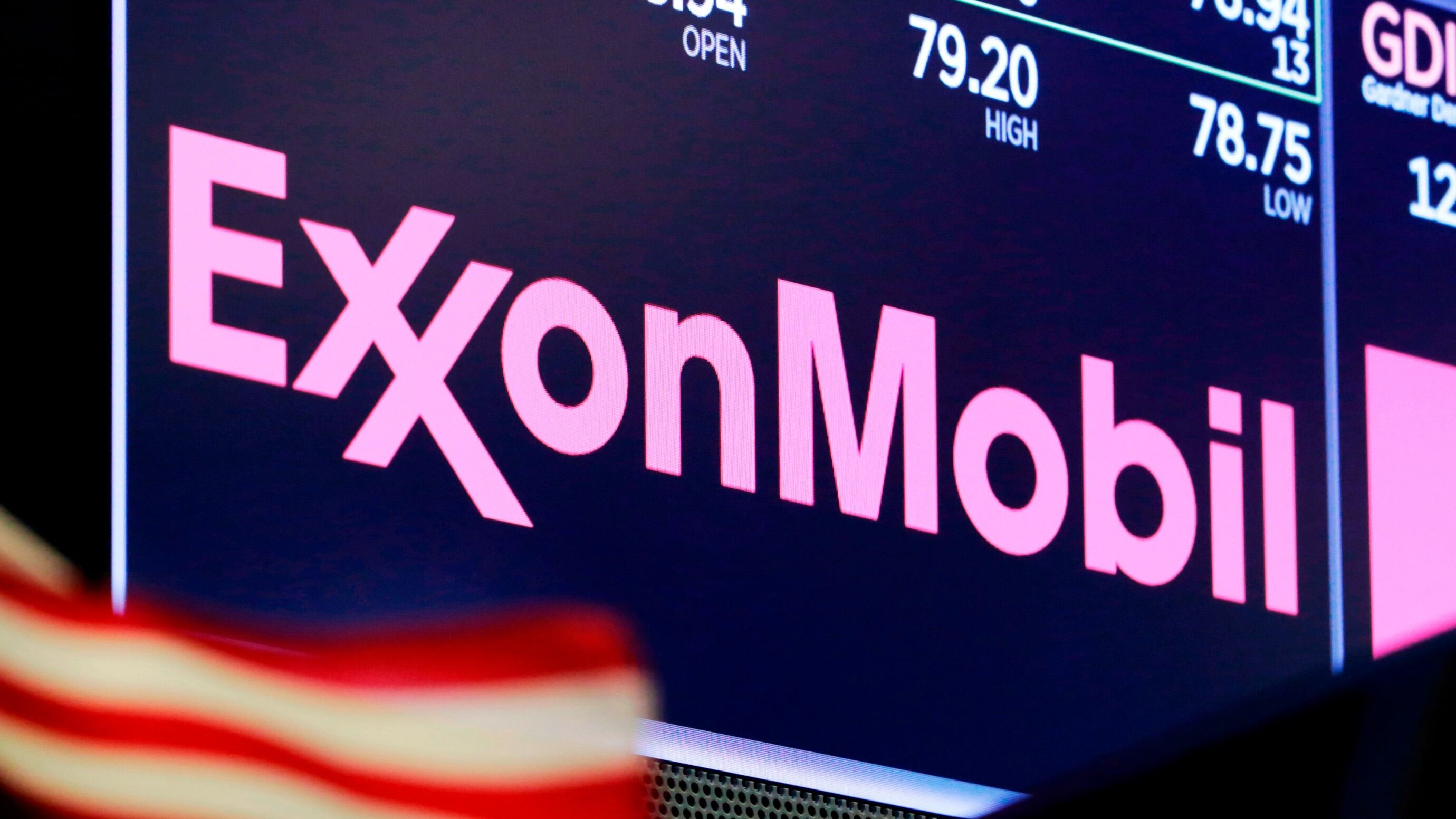By Andrew DeMillio
Exxon Mobil on Monday announced it's drilling for lithium in southern Arkansas, with the oil giant expected to begin production of the critical material for electric vehicles by 2027.
Exxon in early 2023 acquired the rights to 120000 gross acres (48562 gross hectares) of the Smackover formation in southern Arkansas, considered one of the most prolific lithium resources of its type in North America. Exxon said that by 2030 it aims to produce enough lithium to supply the manufacturing needs more than 1 million electric vehicles.
“Lithium is essential to the energy transition, and ExxonMobil has a leading role to play in paving the way for electrification,” Dan Ammann, president of ExxonMobil Low Carbon Solutions, said in a news release.
Exxon didn't disclose how much it's spending on the project, which is expected to be a boost for a part of Arkansas that has a history as an oil and gas producer.
“I’m not being dramatic when I say this has the potential to transform our state,” Arkansas Gov. Sarah Huckabee Sanders said at a news conference with Exxon and local officials about the project.
Columbia County Judge Doug Fields said the county has already been working with Exxon to ensure roads to the well are prepared.
“Just seeing some of this come in like it is, it's going to be a big pick me up for the area,” Fields said.
The announcement comes as the U.S. faces a greater need for lithium to meet its clean energy goals, with production of electric vehicles rising.
Exxon said it will use conventional oil and gas drilling methods to access lithium-rich saltwater from reservoirs about 10000 feet (3.05 kilometers) underground. It will then use “direct lithium extraction” technology to separate lithium from the saltwater, and convert saltwater onsite to battery-grade material.
The remaining saltwater will be re-injected into the underground reservoirs. Exxon Mobil said its extraction process produces fewer carbon emissions than hard rock mining and requires significantly less land.













